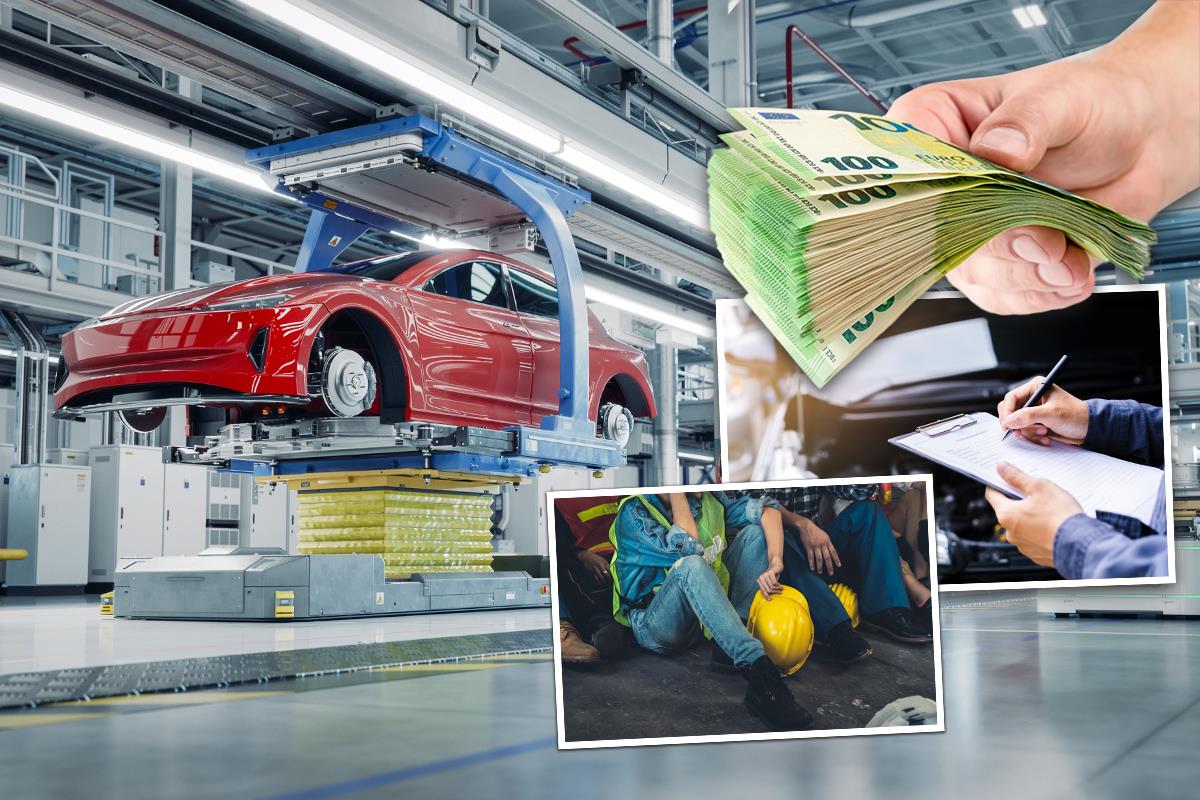The ongoing economic crisis has significantly impacted the German industry, particularly the automotive sector, which lost around 45,000 jobs in the past year. According to an analysis by the auditing firm EY, the industry faces pressures such as aggressive competition from China, weak demand in Europe, and high energy and labor costs. Overall employment in the industry fell by 1.8% compared to the previous year, and it is expected that at least 70,000 jobs will be lost by the end of the year. While some sectors like the chemical-pharmaceutical sector recorded minimal job losses, the industry faces challenges that have sparked debates about the deindustrialization of Germany. Experts emphasize the need to reduce costs, cut bureaucracy, and strengthen domestic demand to reduce dependence on exports. The federal government plans a multi-billion investment package as an incentive, while industry representatives point to the government’s responsibility in maintaining Germany’s competitiveness as a business location.
Political Perspectives:
Left: Left-leaning sources emphasize the negative social impact of the economic crisis on workers, highlighting the large number of job losses in the automotive and manufacturing sectors. They focus on the need for government intervention to protect workers, reduce inequality, and invest in sustainable industries. The narrative often includes criticism of neoliberal policies and global competition pressures that harm domestic industries and labor rights.
Center: Center-leaning sources provide a balanced view, acknowledging the challenges faced by the German industry due to global competition, energy costs, and weak demand. They emphasize the importance of government support through investment packages and reforms to improve competitiveness, reduce bureaucracy, and strengthen domestic demand. The narrative focuses on pragmatic solutions to stabilize the industry and preserve jobs while adapting to changing market conditions.
Right: Right-leaning sources stress the responsibility of the government in maintaining Germany’s attractiveness as a business location and criticize excessive regulation and high costs that hinder industrial competitiveness. They highlight the need for cost-cutting measures, deregulation, and policies that favor business growth and innovation. The narrative often warns against deindustrialization and calls for stronger support for traditional industries to secure future jobs.















